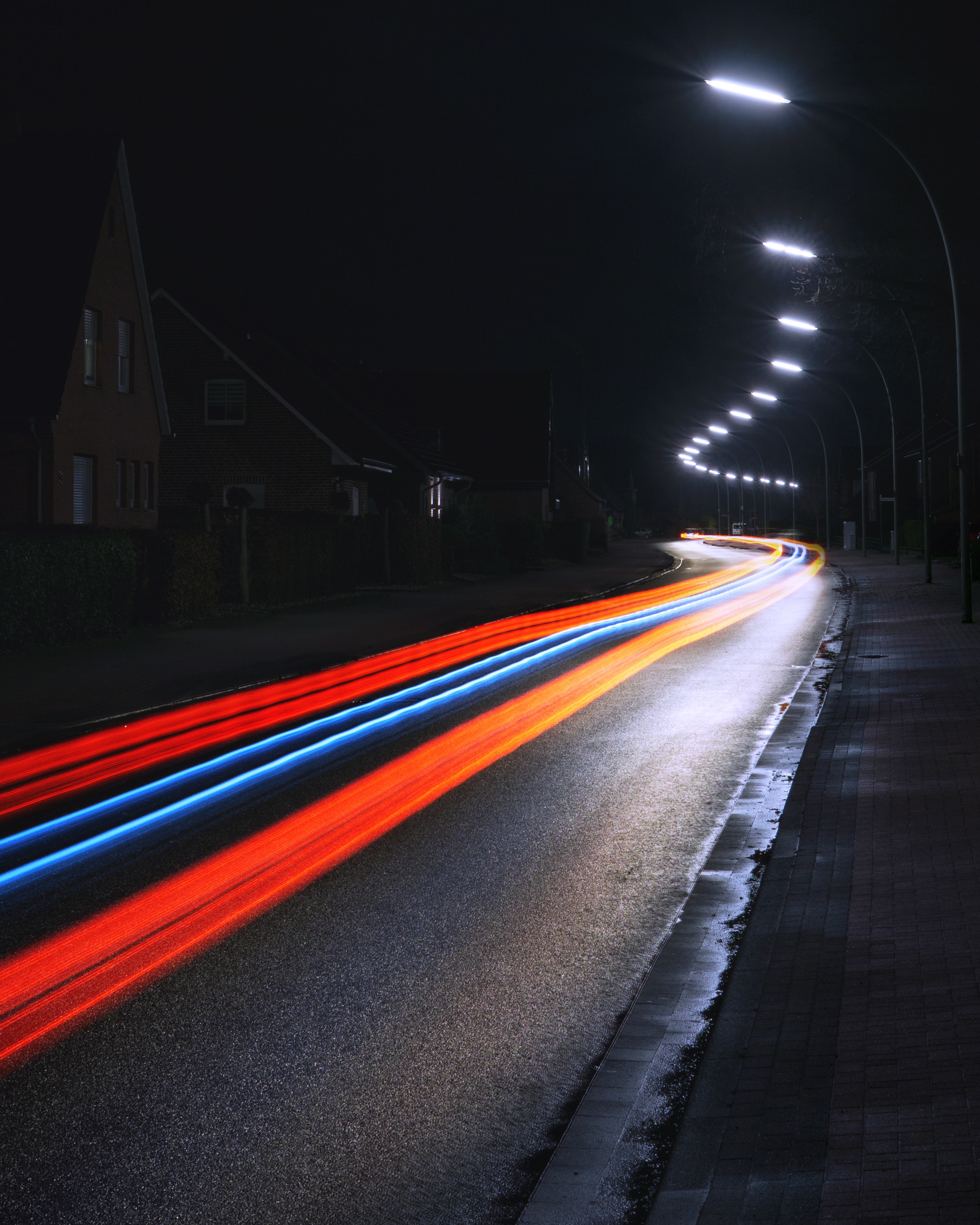Driving in the day and navigating the roads when it is pitch black couldn’t be more night and day (no pun intended) but when it comes to steering the wheel during a driving lesson in the evening or nightfall, it seems that learners are not that willing to drive in the dark.
According to the Driver and Vehicle Standards Agency (DVSA) up to 100,000 driving test candidates may be taking their driving test each year without having practised in the dark. While not mandatory, it is crucial for those learning to drive that they practice getting behind the wheel and experience driving a vehicle at night.
Elements such as lack of visibility, weather conditions and compromised night vision are just some of the risks that drivers face when driving when the sun has gone down, with 35 per cent of all road accidents involving new drivers occurring after dark.
Is it hard to drive at night?
While modern cars are equipped with the latest headlights, it still doesn’t make it any easier when the road ahead of you is harder to see and to navigate. While dimming your dashboard and decreasing your speed at night can help when driving in the dark, practicing before you become a licensed driver will certainly give you more experience when you eventually hit the road.
Benefits of driving lesson at night
The DVSA encourage all learner drivers to practise driving when it is dark (between the hours of midnight and five o’clock in the morning) in preparation for passing their Driving Test but also to gain experience in driving at night. Not only will driving at night during your lesson increase your awareness of the road, but will also help drivers spot potential hazards that may be hazardous when driving at night alone.
What Get Licensed Says
It is vital that all learner drivers get experience in driving in the dark before they take to the road alone. If these figures released by the DVSA are anything to go, then it seems that drivers learning to get behind the wheel for the first time need to practice driving in the dark more than ever before.










